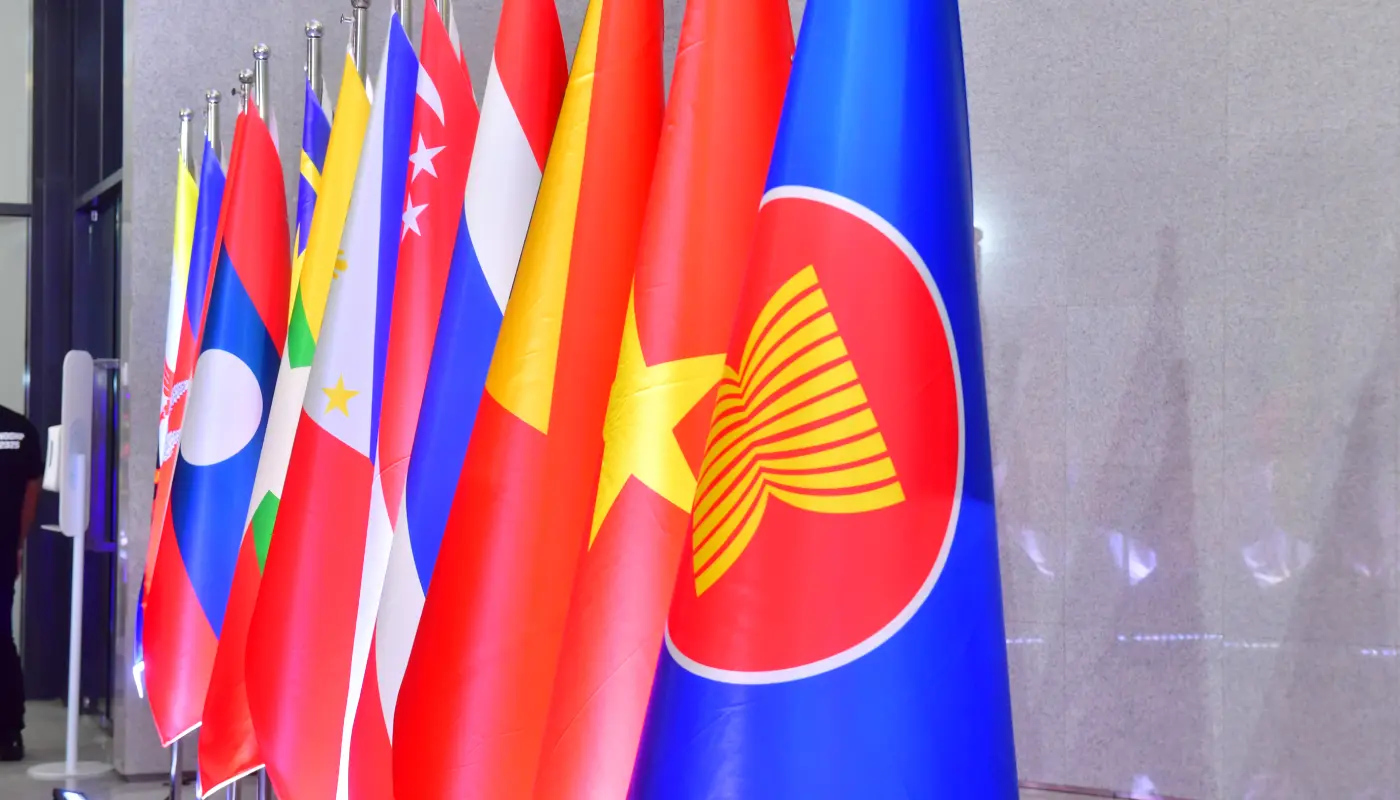KUALA LUMPUR – Malaysia is gearing up for a high-profile international gathering as the 47th ASEAN Summit and its associated meetings are set to take place from 26 to 28 October under the theme “Inclusivity and Sustainability”.
The event will bring together leaders from the ten member states of the Association of Southeast Asian Nations (ASEAN) along with key dialogue partners, including the United States, China, India and Japan positioning Malaysia once again at the centre of regional diplomacy.
Diplomatic Significance
Under its ASEAN chairmanship for 2025, Malaysia is aiming to steer discussions toward economic cooperation, digital economy development, clean energy transition and regional connectivity. According to statements from the government, the summit will also consider approaches such as an integrated ASEAN power grid and the peaceful use of nuclear energy.
The attendance of major global figures is expected to raise the stakes further. For instance, the Donald Trump administration has confirmed the US president’s planned participation in Kuala Lumpur, marking a significant moment in US-ASEAN engagement.
Logistics and Impacts on the City
In advance of the summit, authorities in the Kuala Lumpur metropolitan area have begun implementing various measures to manage traffic, security and public mobility. From 23 October, major roads and highways in the Klang Valley region will undergo closures or diversions in preparation for the arrival of delegations.
The Royal Malaysia Police (PDRM) has urged Malaysians to comply with the law throughout the summit period, emphasising the importance of public order and security as international guests converge in the city. “PDRM advises all parties to comply with the law at all times and refrain from any actions that may disrupt public order,” said Inspector-General of Police Datuk Seri Mohd Khalid Ismail.
On the transport front, the Ministry of Transport Malaysia has announced enhancements to rail services from 27 October, with extended operating hours and increased frequency for the transit network. The move is designed to offset the disruptions caused by road closures and encourage greater use of public transport.
Regional Relevance and Local Context
For Malaysia, hosting the summit underscores its ambitions to deepen its role as a diplomatic and economic hub in Southeast Asia. As the host, Kuala Lumpur is not just accommodating foreign dignitaries, but also showcasing its infrastructure, organisational capacity and regional leadership credentials.
Locally, residents and commuters are being advised to anticipate disruptions, particularly around the central business district and major access routes into the city. Hotels and transit facilities are preparing for heightened occupancy and security levels. These measures reflect the dual objective of ensuring global engagement while maintaining the smooth functioning of daily life.
Looking Ahead
As the summit draws near, attention will focus on the statements and joint communiqués issued by the leaders, with observers watching for commitments on climate, digital trade, cross-border infrastructure and security cooperation. Given the presence of major powers and the ASEAN bloc’s increasing relevance, outcomes from the meeting may have ripple effects across the Indo-Pacific region.
For local stakeholders, from businesses in hospitality and transport to citizens navigating the city during the period, the event presents both opportunities and challenges. The effective coordination between government agencies, law enforcement and the private sector will be key to delivering a seamless summit experience.
In summary, the 47th ASEAN Summit represents a significant diplomatic moment for Malaysia and the region. While much of the action unfolds behind closed doors, its preparation and public impact are already apparent on the streets of Kuala Lumpur.






